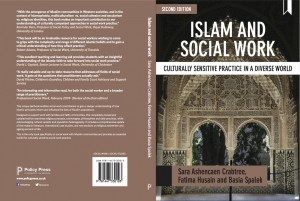 The complexities of multiculturalism as a social ontology and as a political discourse have taken a rapid and alarming turn to the right in a political moment of increasing social turbulence on issues that revolve around national identity, ethnicity and religion. It is therefore timely, if regrettably so, that the second edition of Islam and Social Work makes its debut this month.
The complexities of multiculturalism as a social ontology and as a political discourse have taken a rapid and alarming turn to the right in a political moment of increasing social turbulence on issues that revolve around national identity, ethnicity and religion. It is therefore timely, if regrettably so, that the second edition of Islam and Social Work makes its debut this month.
The first volume went to press in 2008, in my first year at BU, and my co-authors and I were overwhelmed when the book was showered with positive reviews. Regarded as not only the best, but the sole European text on this conspicuously important topic, it was also viewed as having no counterpart in the Global North (where the subject of social work and minority ethnic groups has been a dominant theme in the social work literature for decades). Since then it has been regularly cited and I been privileged to have anonymously reviewed dozens of papers on Islamic interpretations of social work practice. I have learned that Western social work is no longer the epicentre of practice – there are other worlds out there. I feel that this earlier book was, if nothing else, pivotal to opening the door much wider to be able to hear from our Muslim social work colleagues around the world, whose practice can challenge the restrictive, bureaucratised and therefore often inhuman professional processes in the UK
Strangely, however, over the years, despite the world having changed so very much since in terms of the shifting geo-political axes of power, the rise and fall of despotic regimes, the call for accountability of Western leaders implicated in invasion of Gulf nations, the Arab Spring, global terrorism, Al-Qaeda and later the monstrous birth of imploding Daesh – no one has produced a text to supersede the old first edition. And so, reader, we, Fatima Husain, Basia Spalek and I decided to produce the 2nd edition, which has been fully revised and updated, rewritten virtually from scratch, and I believe we have produced a book that is specific in detail, expansive in scope and completely international in outlook.
We hope that this will be a text that is the first port of call for all social work students across the globe who are interested in learning more about competent and sensitive practice with Muslim service user and client groups across the lifespan, as well as discovering the many beauties and wise profundities that are embedded, but often overlooked, in the youngest of the Abrahamic religions, Islam.
Professor Sara Ashencaen Crabtree
Professor of Social & Cultural Diversity
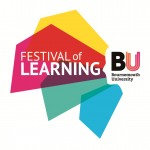 Don’t miss our drop-in sessions where we can offer you support in planning your event for Festival of Learning 2017.
Don’t miss our drop-in sessions where we can offer you support in planning your event for Festival of Learning 2017. PSRC is
PSRC is  Following a successful trial period and in line with the commitments made in the Council’s current delivery plan, the Arts and Humanities Research Council (AHRC) has decided to incorporate provision for International Co-Investigators into its core eligibility requirements and standard funding terms and conditions. Therefore, following the expiration of the current trial period on 31st December 2016, applicants will be able to continue to include international co-investigators on research grant, networking and follow-on proposals in line with the current provisions under the trial as outlined in AHRC’s
Following a successful trial period and in line with the commitments made in the Council’s current delivery plan, the Arts and Humanities Research Council (AHRC) has decided to incorporate provision for International Co-Investigators into its core eligibility requirements and standard funding terms and conditions. Therefore, following the expiration of the current trial period on 31st December 2016, applicants will be able to continue to include international co-investigators on research grant, networking and follow-on proposals in line with the current provisions under the trial as outlined in AHRC’s  In partnership with the
In partnership with the 
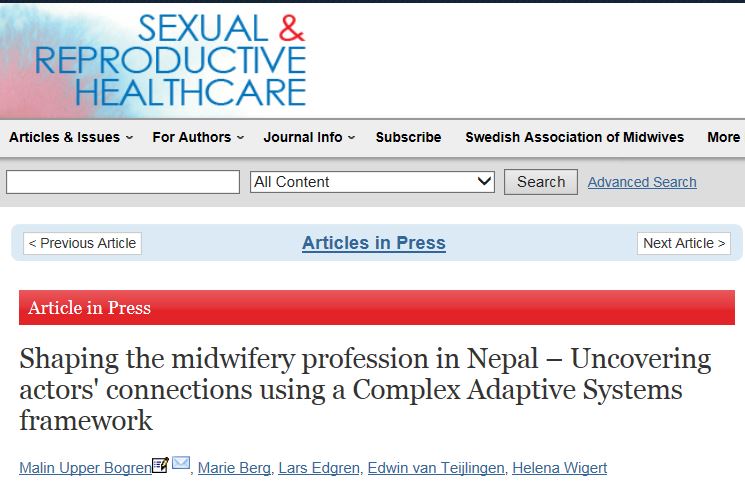
 ‘Research Fingerprinting’ is a new development on the Research Professional platform that delivers highly relevant funding opportunities to researchers. This will go live at BU on Tuesday, 8th November.
‘Research Fingerprinting’ is a new development on the Research Professional platform that delivers highly relevant funding opportunities to researchers. This will go live at BU on Tuesday, 8th November.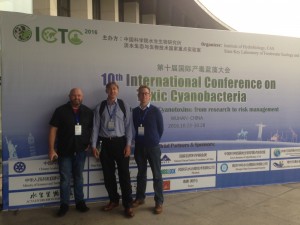
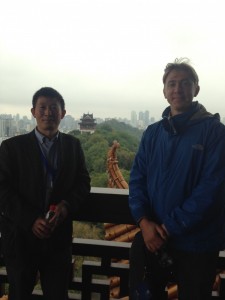
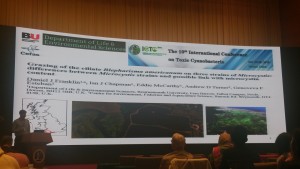
 The
The 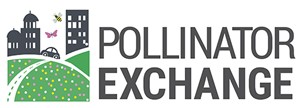
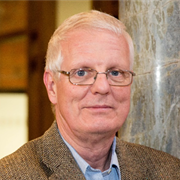 Having been at BU for three months, I thought I should introduce myself to the research community in the University and take this opportunity to tell you about some of my research interests so that anyone ploughing similar furrows can get in touch with a view to future collaboration.
Having been at BU for three months, I thought I should introduce myself to the research community in the University and take this opportunity to tell you about some of my research interests so that anyone ploughing similar furrows can get in touch with a view to future collaboration.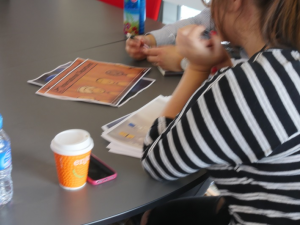 ience through a mix of multi-media methods made up of images, films and talks.
ience through a mix of multi-media methods made up of images, films and talks.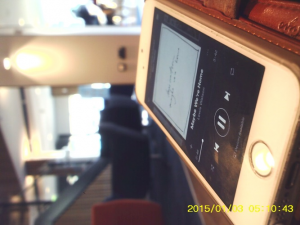 Unsurprisingly, the students identified that the images shared by the final year students appeared more positive compared with the anxieties of first year students.
Unsurprisingly, the students identified that the images shared by the final year students appeared more positive compared with the anxieties of first year students.










 ESRC Festival of Social Science 2024 Open Call – Deadline for Applications Thursday 16 May
ESRC Festival of Social Science 2024 Open Call – Deadline for Applications Thursday 16 May We can help promote your public engagement event or activity
We can help promote your public engagement event or activity Horizon Europe News – December 2023
Horizon Europe News – December 2023